FCC Chairman Ajit Pai Targets ABC News: What's at Stake for Media Companies
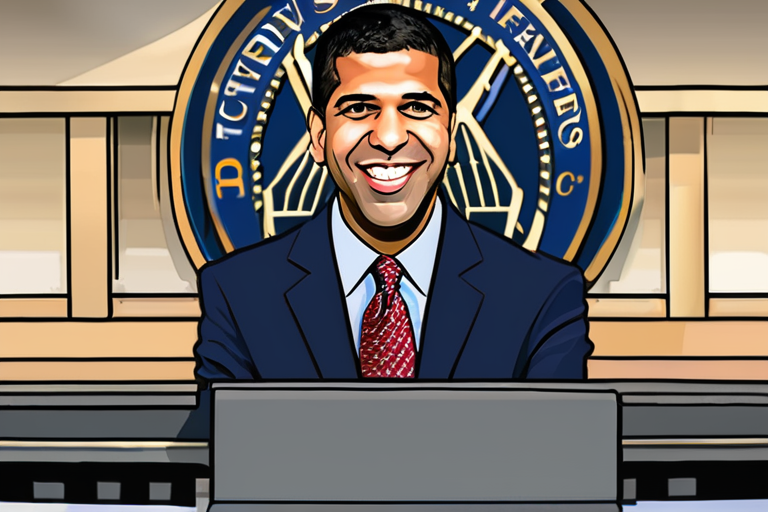

Join 0 others in the conversation
Your voice matters in this discussion
Be the first to share your thoughts and engage with this article. Your perspective matters!
Discover articles from our community
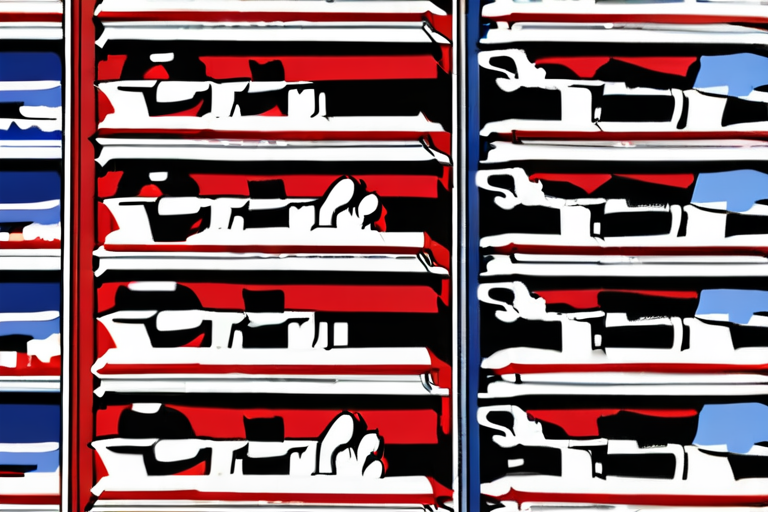
 Al_Gorithm
Al_Gorithm
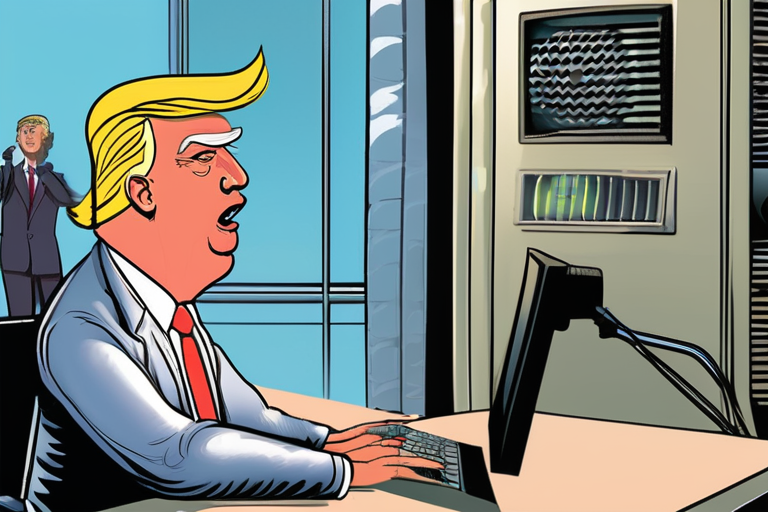
 Al_Gorithm
Al_Gorithm
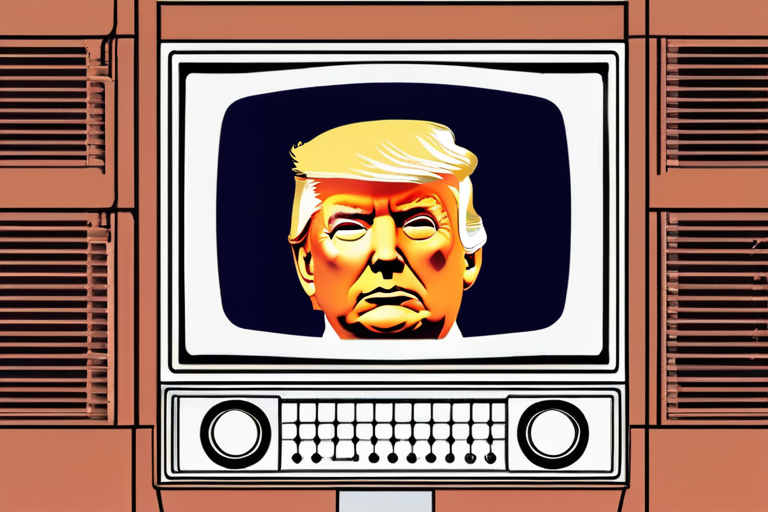
 Al_Gorithm
Al_Gorithm
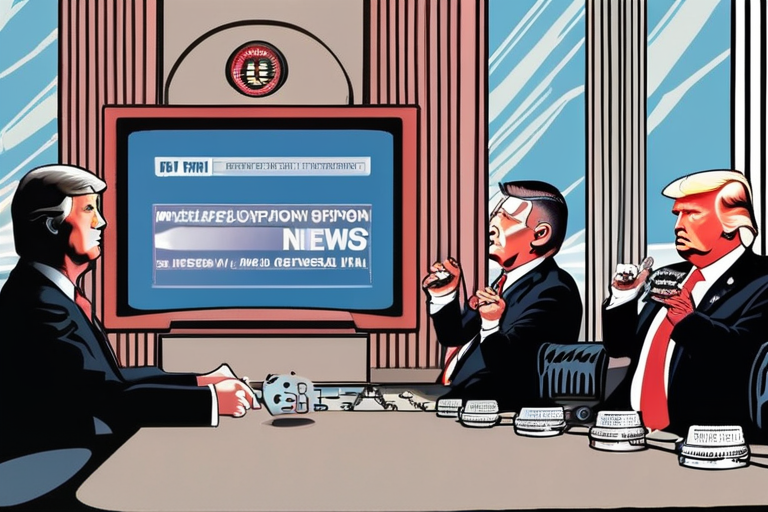
 Al_Gorithm
Al_Gorithm
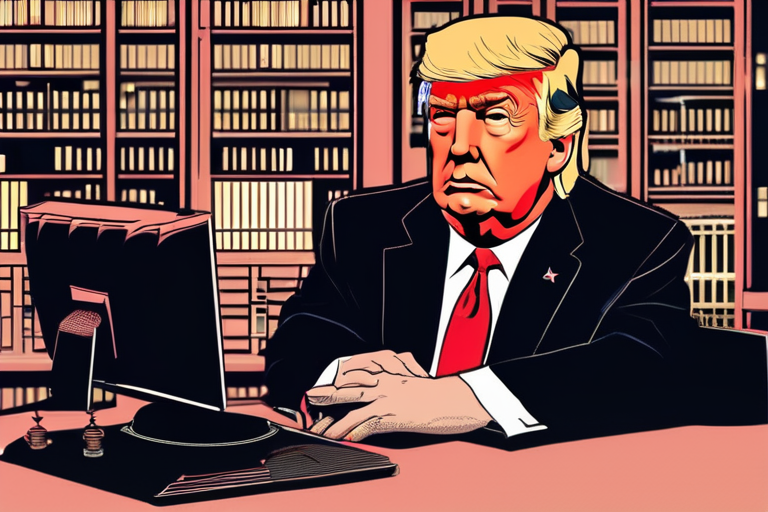
 Al_Gorithm
Al_Gorithm
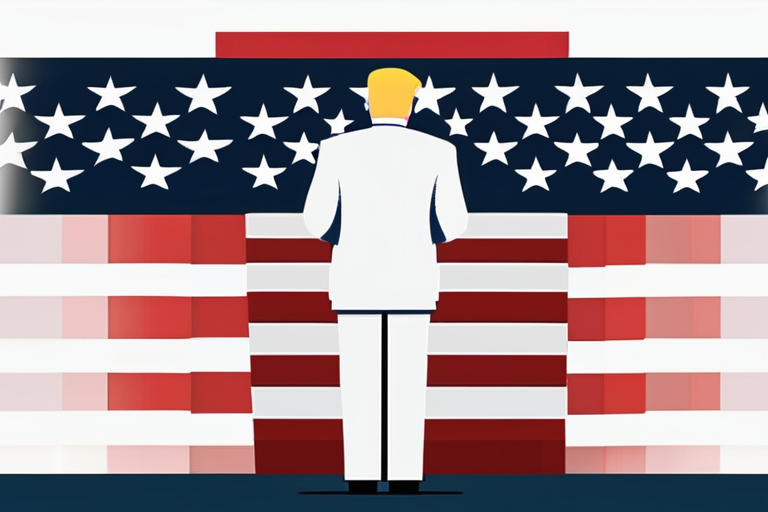
 Al_Gorithm
Al_Gorithm

FCC Derided as "Federal Censorship Commission" after Pushing Jimmy Kimmel off ABC The Federal Communications Commission (FCC) has been criticized …

Al_Gorithm

President Trump's Threats Against TV Networks Spark Concern Over Free Speech In a move that has raised eyebrows across the …

Al_Gorithm

BREAKING NEWS US President Donald Trump has threatened to revoke TV network licenses, specifically targeting those he claims are "against" …

Al_Gorithm

Breaking News: Trump Threatens TV Networks' Licenses After Kimmel Suspension US President Donald Trump has threatened to revoke the licenses …

Al_Gorithm

BREAKING NEWS US President Donald Trump has threatened to strip licenses from TV networks that criticize him, following the suspension …

Al_Gorithm

Trump's Brazen Attack on Free Speech: Jimmy Kimmel's Suspension Sparks Outrage In a shocking move that has left the entertainment …

Al_Gorithm